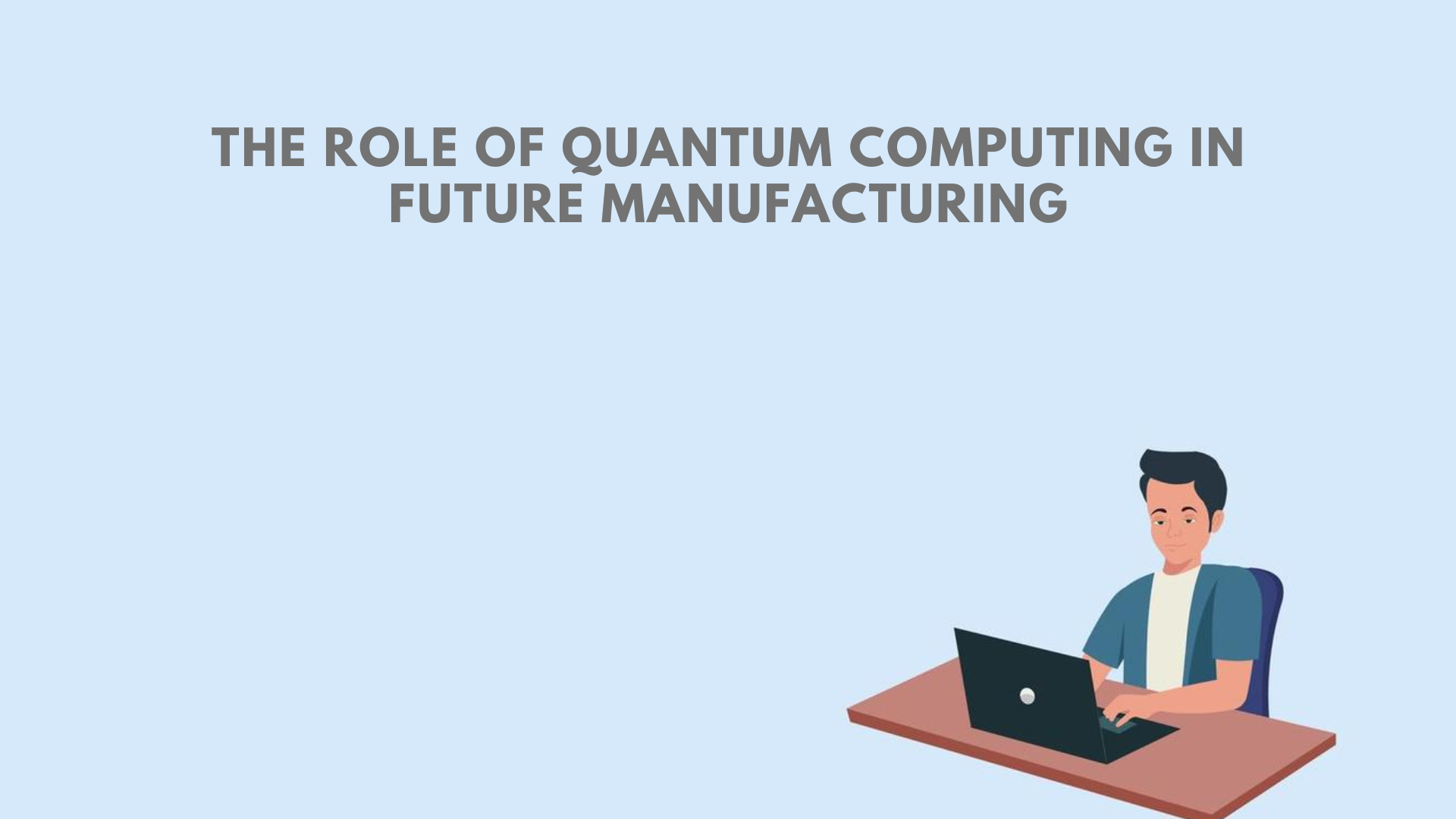As we stand on the brink of the fourth industrial revolution, the convergence of emerging technologies promises to transform the manufacturing landscape. Among these technologies, quantum computing holds exceptional potential. Unlike classical computers, which process information in binary bits (0s and 1s), quantum computers leverage quantum bits or qubits, which can exist in multiple states simultaneously. This unique capability enables quantum computers to perform complex calculations at unprecedented speeds, paving the way for revolutionary advancements in various sectors, including manufacturing.
Enhancing Manufacturing Processes
One of the most significant contributions of quantum computing to manufacturing lies in optimizing complex processes. Traditional computing methods often struggle with intricate simulations and optimizations due to their computational limits. Quantum computing, however, can handle these complexities more efficiently. For instance, in materials science, quantum computers can simulate molecular structures at an atomic level, accelerating the discovery of new materials with enhanced properties such as greater strength, lighter weight, or improved conductivity.
Supply Chain Optimization
Quantum computing can revolutionize supply chain management by optimizing logistics, reducing costs, and improving efficiency. Classical computers face challenges when dealing with the vast number of variables involved in supply chain networks. Quantum computers, with their ability to process multiple possibilities simultaneously, can find optimal solutions more quickly. This capability enables manufacturers to streamline their supply chains, reducing lead times and minimizing disruptions.
Quality Control and Defect Detection
Ensuring product quality is paramount in manufacturing. Quantum computing can enhance quality control processes by improving defect detection and predictive maintenance. Quantum algorithms can analyze vast amounts of data from sensors and production lines, identifying patterns that indicate potential defects or equipment failures. By detecting issues early, manufacturers can take corrective actions before problems escalate, reducing waste and maintaining high product quality.
Energy Efficiency and Sustainability
Quantum computing can also contribute to making manufacturing more energy-efficient and sustainable. By optimizing processes and reducing waste, manufacturers can lower their energy consumption and environmental impact. For example, quantum algorithms can optimize the design of more efficient energy storage systems and renewable energy sources, leading to greener production methods. Additionally, quantum simulations can help develop materials that are more environmentally friendly and easier to recycle.
Accelerating Research and Development
Innovation is the cornerstone of manufacturing growth. Quantum computing can significantly accelerate research and development (R&D) efforts by enabling faster simulations and optimizations. In pharmaceuticals, for example, quantum computers can expedite drug discovery by simulating molecular interactions with unprecedented accuracy. Similarly, in aerospace, quantum simulations can enhance the design of more aerodynamic and fuel-efficient aircraft.
Challenges and Future Prospects
While the potential of quantum computing in manufacturing is immense, several challenges remain. Quantum computers are still in their infancy, and building stable, error-free qubits is a significant technical hurdle. Moreover, integrating quantum computing with existing manufacturing systems and infrastructure requires substantial investment and expertise.
However, the future prospects are promising. As quantum technology advances, we can expect more practical and accessible quantum computing solutions. Collaborative efforts between academia, industry, and government are crucial to overcoming these challenges and unlocking the full potential of quantum computing in manufacturing.
Conclusion
Quantum computing represents a paradigm shift that can revolutionize manufacturing. From enhancing processes and optimizing supply chains to improving quality control and promoting sustainability, the applications are vast and transformative. While challenges remain, the ongoing advancements in quantum technology offer a glimpse into a future where manufacturing is faster, more efficient, and more innovative than ever before. Embracing quantum computing today will pave the way for a smarter and more resilient manufacturing industry tomorrow.









